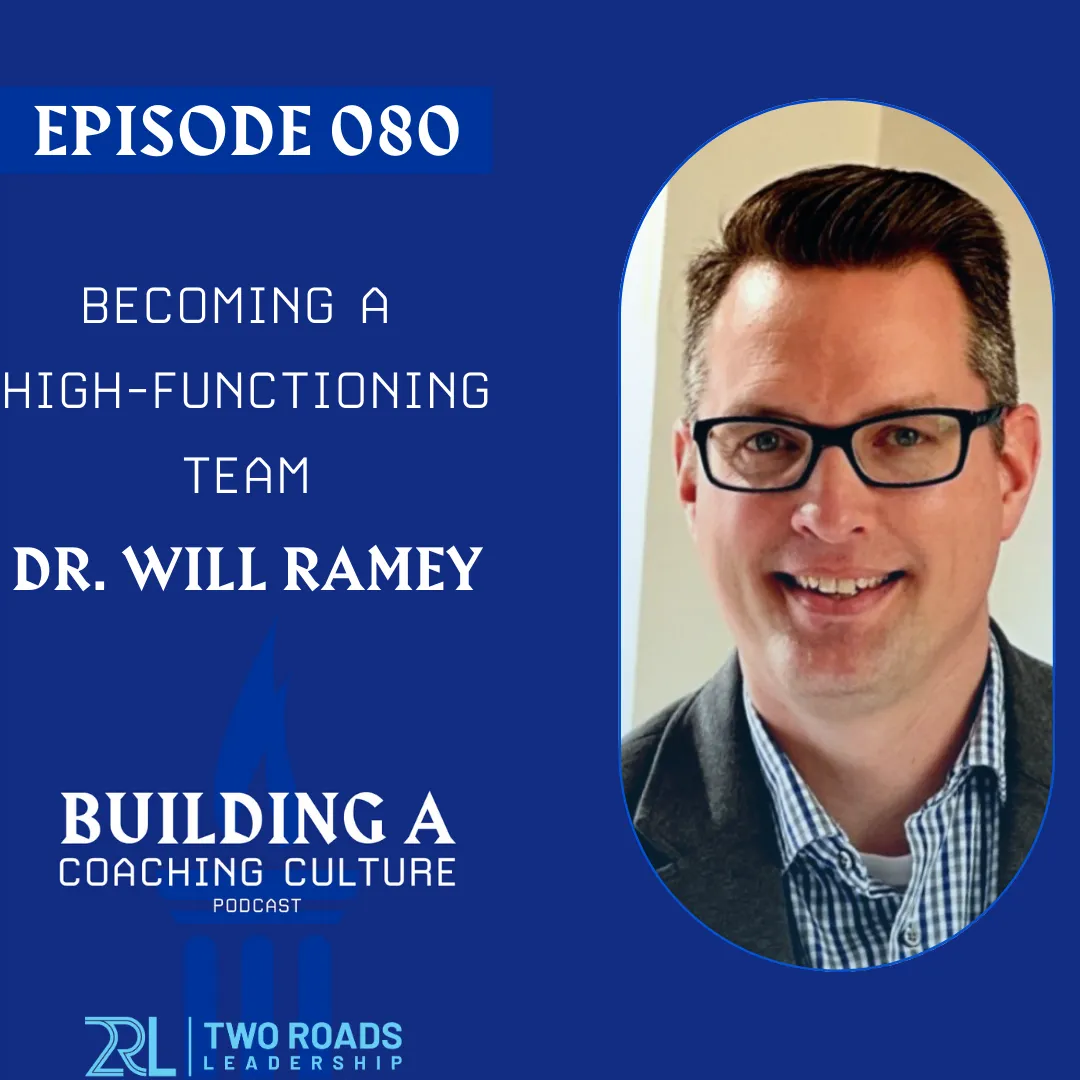Are you ready to unlock the secrets of building strong teams and fostering a thriving coaching culture in your organization?
In today's episode, J.R. and Lucas Flatter speak with our expert guest, Dr. William Ramey, a business owner, combat veteran, and doctor in organizational behavior, who shares his insights on building strong teams through research and practical application. Join us as we discuss the power of trust, mutual support, empowerment, and coaching in creating a culture of high performance. Plus, we explore the evolving landscape of leadership in the 21st century and how gamification can enhance team dynamics. Get ready to learn how to cultivate a thriving coaching culture in your organization.
In this episode, you'll learn:
- The importance of high-performing teams and effective leadership
- How fatherhood and leadership enhance each other
- The methodologies for design thinking and strategic planning
- How to overcome challenges and promote positive leadership.
Building a Coaching Culture is presented by Two Roads Leadership
Produced, edited, and published by Make More Media
Episode Links
Dr. William Ramey
J.R. Flatter
Founder of Two Roads Leadership
Lucas Flatter
Resources
2RL 4 day Coach Certification Bootcamp
2RL ICF-Approved Coach Certifications and Trainings
Transcript
Automatic Transcription - please excuse any errors

